
CNBC
The debate around Infosys founder Narayana Murthy's suggestion of a 70-hour work week for Indian youth has taken a new turn with his wife, author, and philanthropist Sudha Murty, extending her support. In an interview with India Today, she revealed her own work ethic, stating that even at her age, she puts in more than 70 hours a week.
"My definition is you should enjoy your work," she said, supporting her husband's sentiment that passion transforms work into a "holiday."
In the joint interview, Narayana Murthy reiterated his stance and said, "My view has always been that those of us staying in India who have received so much from the country, from the taxpayers, have the enormous responsibility to work very very hard to bring a chance for the betterment of the lives of poorer sections of society. Therefore, I don't regret saying that a 70-hour work culture should be the norm."
However, Murthy's initial proposal sparked a nationwide discussion on work-life balance. Critics questioned the feasibility of such demanding schedules, emphasizing the need for personal well-being and sustainable productivity. The "hard work versus smart work" debate also surfaced, with concerns about employee burnout and long-term implications of an intense work culture.
Meanwhile, Narayana Murthy maintained his position, pointing to his own experience of working 85-90 hours a week during his early years. He acknowledged the lack of consensus on the ideal work hours, stating, "I didn't find anyone who disagreed with the principle of hard work. The question is how many hours?"
Earlier, he clarified, “I rationalised it this way. If anybody has performed much better than me in their own field, not necessarily in my field, I would respect, I would call them, and I would say, where do you think I was wrong in saying this? But I didn't find it. A lot of my Western friends, a lot of NRIs, and a lot of good people in India called me, and without exception, they were all very happy. They all said whether it is 70 or 60, that's not the issue.”
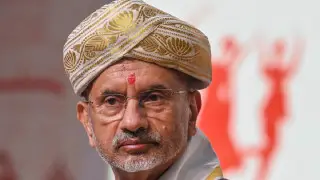
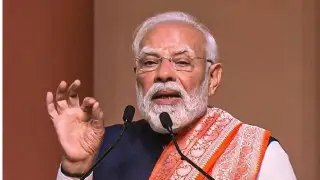
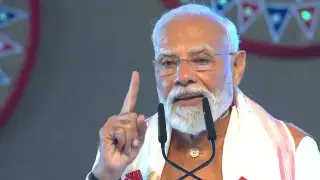
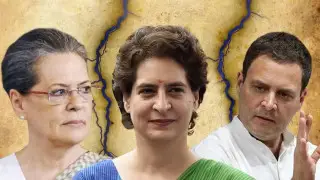
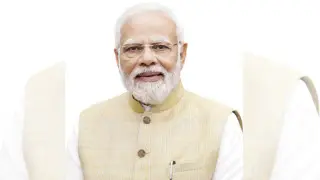





Copyright © 2025 Top Indian News
